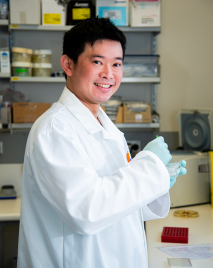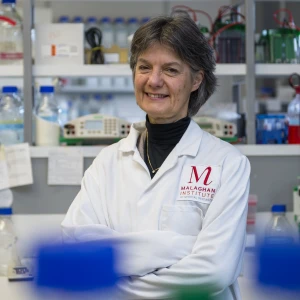
Professor Franca Ronchese
Programme Leader - Ronchese Laboratory
Understanding the fundamental biology driving allergic and inflammatory conditions, to ultimately prevent them.
Allergic and inflammatory diseases are caused when the immune system responds or overreacts to something it shouldn’t. These varied diseases are most often characterised by the stimulation of a specific kind of immune response known as the ‘Th2 response.’
The Ronchese Lab's focus is on dendritic cells, a rare type of immune cells whose primary function is to initiate all immune responses including Th2 responses. Called the ‘sentinels of the immune system,’ dendritic cells are implicated in many allergic and inflammatory conditions. The are found in most tissues in our bodies and especially in the skin, the intestinal tract, and the airway.
The team use a range of bioanalytical and genetic techniques to better understand how dendritic cells take up allergens in the environment and initiate the Th2 (allergic) response. Their goal is to uncover new ways to prevent these allergic responses from occurring in the first place, stopping allergies and other inflammatory diseases in their tracks.
Research areas
- Allergic and inflammatory disease
- Transcriptomic analysis of immune cells
Research projects
- Functional and transcriptomic plasticity of dendritic cells during allergic and non-allergic immune responses
- Role and regulation of the CCL17-CCL22-CCR4 axis in allergic priming
- The skin as an important site of allergic sensitisation
Collaborations

Abbie Larson
Research Officer

Shiau-Choot Tang
Senior Research Officer
Research highlights
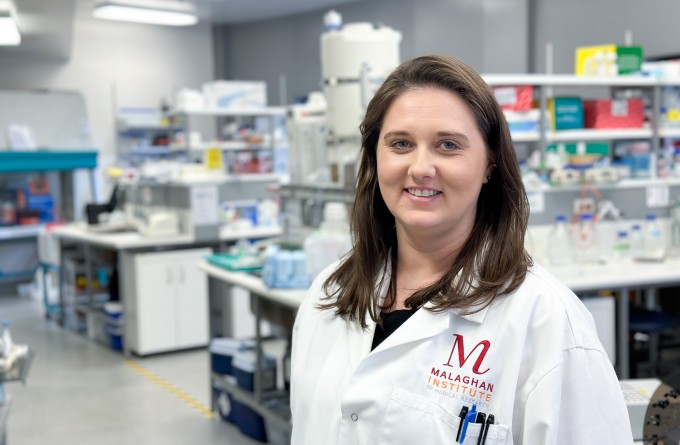
Dr Kerry Hilligan awarded Sir Charles Hercus Health Research Fellowship
2 December 2025
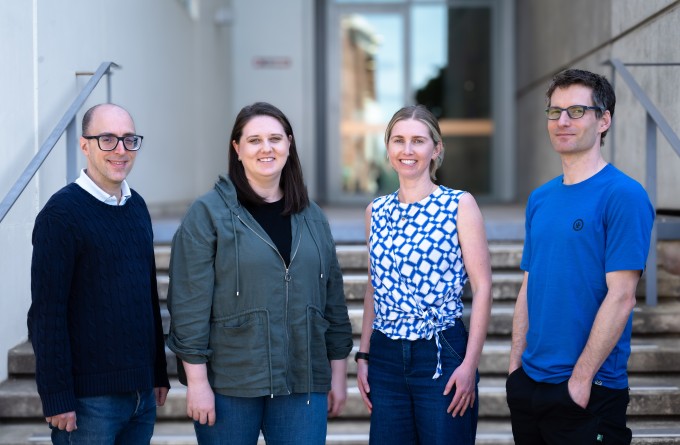
Marsden funding to drive discovery and innovation in cancer, allergy and infectious disease research
5 November 2025
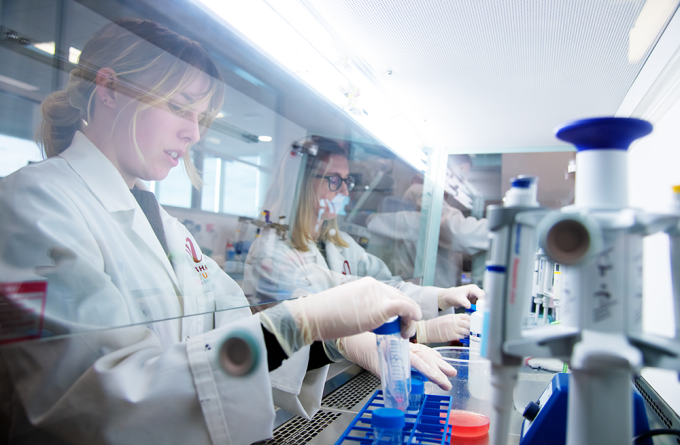
Cancer, measles and allergic disease research funded in latest HRC grants round
19 August 2025
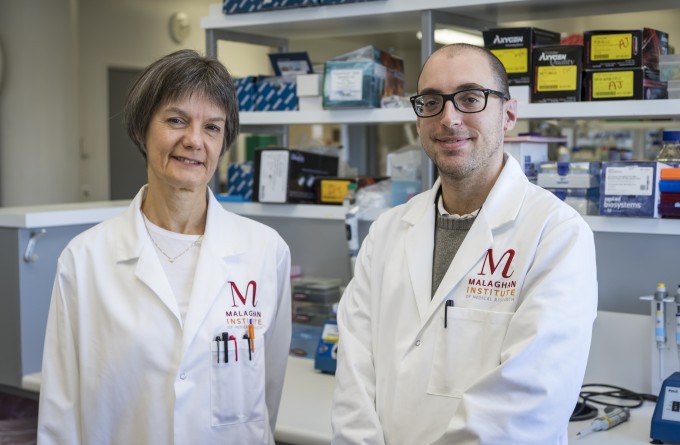
Tracking allergies to their source: new research offers insight into mechanisms priming the allergic response
2 July 2025
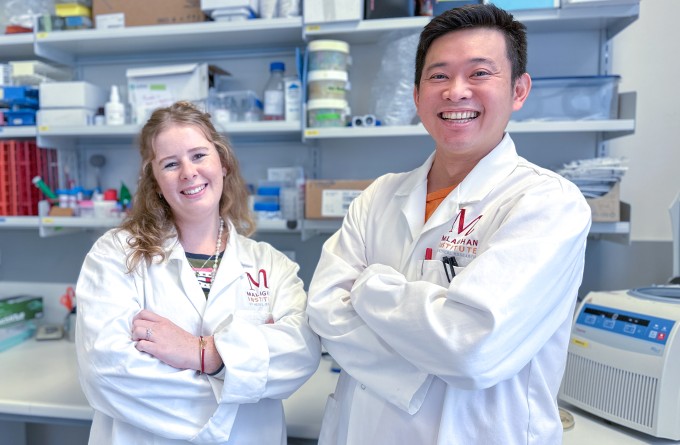
Research sheds new light on the allergic response – and how to disrupt it
5 June 2025
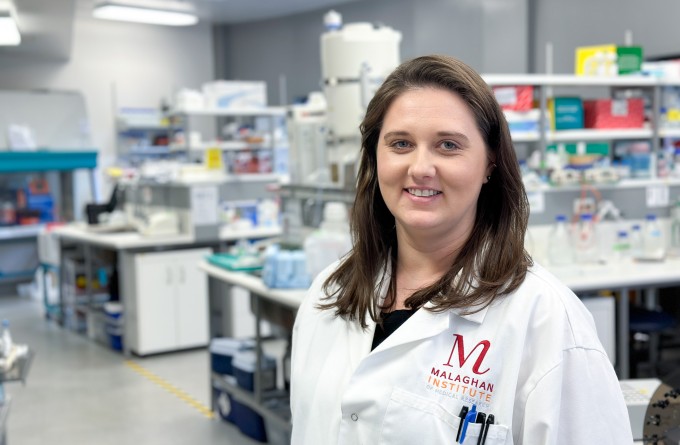
Could a forgotten vaccine help us fight both ancient diseases and modern threats?
29 May 2025
Featured publications
Mayer JU, Hilligan KL, Chandler JS, Eccles DA, Old SI, Domingues RG, Yang J, Webb GR, Munoz-Erazo L, Hyde EJ, Wakelin KA, Tang SC, Chappell SC, von Daake S, Brombacher F, Mackay CR, Sher A, Tussiwand R, Connor LM, Gallego-Ortega D, Jankovic D, Le Gros G, Hepworth MR, Lamiable O, Ronchese F (2021). Homeostatic IL-13 in healthy skin directs dendritic cell differentiation to promote TH2 and inhibit TH17 cell polarization. Nat Immunol. 22(12):1538-1550.
Hilligan KL, Tang SC, Hyde EJ, Roussel E, Mayer JU, Yang J, Wakelin KA, Schmidt AJ, Connor LM, Sher A, MacDonald AS, Ronchese F (2020). Dermal IRF4+ dendritic cells and monocytes license CD4+ T helper cells to distinct cytokine profiles. Nat Commun. 11(1):5637.
Blecher-Gonen R, Bost P, Hilligan KL, David E, Salame TM, Roussel E, Connor LM, Mayer JU, Bahar Halpern K, Tóth B, Itzkovitz S, Schwikowski B, Ronchese F, Amit I (2019) Single-Cell Analysis of Diverse Pathogen Responses Defines a Molecular Roadmap for Generating Antigen-Specific Immunity. Cell Systems 8(2):109-121.e6.
Ochiai S, Jagot F, Kyle RL, Hyde E, White RF, Prout M, Schmidt AJ, Yamane H, Lamiable O, Le Gros G, Ronchese F. (2018) Thymic stromal lymphopoietin drives the development of IL-13+ Th2 cells. Proc Natl Acad Sci U S A. 115(5):1033-1038.
Connor LM, Tang SC, Cognard E, Ochiai S, Hilligan KL, Old SI, Pellefigues C, White RF, Patel D, Smith AA, Eccles DA, Lamiable O, McConnell MJ, Ronchese F (2017) Th2 responses are primed by skin dendritic cells with distinct transcriptional profiles. J Exp Med. 214(1):125-142.
Connor LM, Tang SC, Camberis M, Le Gros G, Ronchese F (2014) Helminth–conditioned dendritic cells prime CD4+ T cells to IL-4 production in vivo. J. Immunol. 193(6):2709-17.
Ochiai S, Roediger B, Abtin A, Shklovskaya E,Fazekas de St Groth B, Yamane H, Weninger‡ W, Le Gros G, Ronchese.F. (2014). CD326loCD103loCD11blo dermal dendritic cells are activated by Thymic Stromal Lymphopoietin during contact sensitization in mice. J Immunol. 193(5):2504-11.



